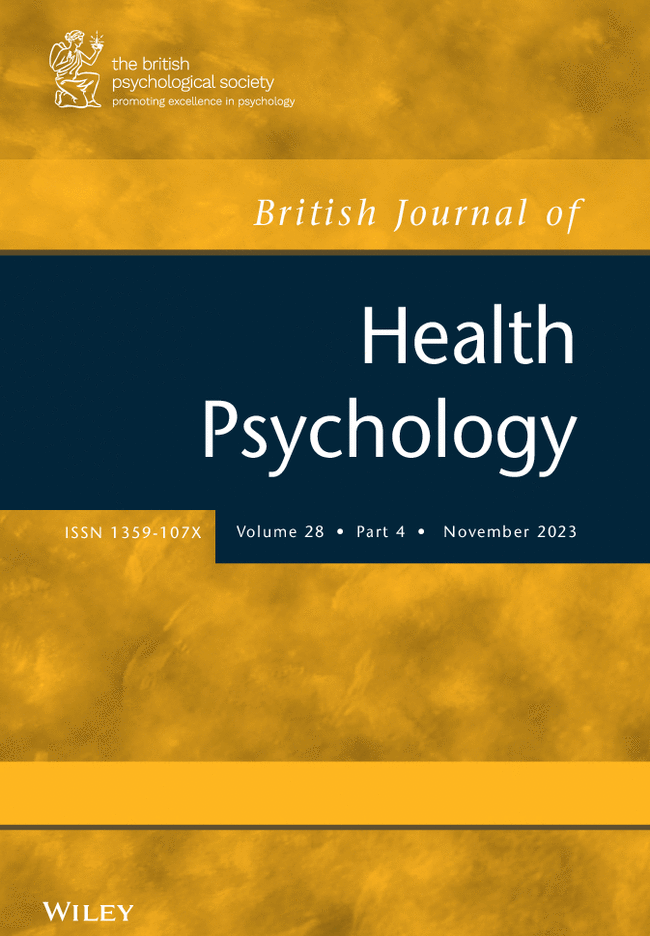Exploring physical symptoms and distress in early-stage breast cancer survivors on hormone therapy: A qualitative study
Abstract
Objectives
Distress and physical symptoms are ongoing for early-stage breast cancer survivors on adjuvant hormone therapy. While previous qualitative research has focused on reporting the outcomes of distress and symptoms, as well as medication adherence, this study aimed to understand the link between symptoms and distress, exploring specifically how symptoms are distressing to inform interventions.
Design and Methods
A qualitative design was used with online semi-structured interviews conducted with 23 women with Stage I–III hormone receptor positive breast cancer, living in the United Kingdom and prescribed hormone therapy in the previous 2 years, about their experience of hormone therapy. Interviews were transcribed verbatim and analysed using inductive reflexive thematic analysis.
Results
The emotional burden of side-effects was an overarching theme. Other themes depicting why symptoms are distressing included the sense of helplessness around symptoms, living with and managing difficult feelings around loss and change, living with fear, worry and uncertainty around treatment side-effects and the internal conflict when making treatment decisions.
Conclusions
The findings indicate specific areas of emotional need in women prescribed hormone therapy related to living with and managing physical symptoms. This provides insight into how symptoms can contribute to distress, which goes beyond previous research that reports the perceived consequences of symptoms and distress. The results, therefore, can inform healthcare professional communication to support and validate ongoing experiences and the underlying decision conflict, which may be distressing for some women. Furthermore, psychological interventions could address the sense of loss and acceptance of limitations and change.




 求助内容:
求助内容: 应助结果提醒方式:
应助结果提醒方式:


